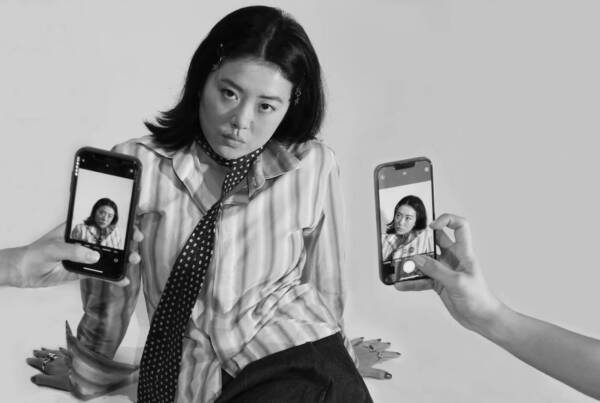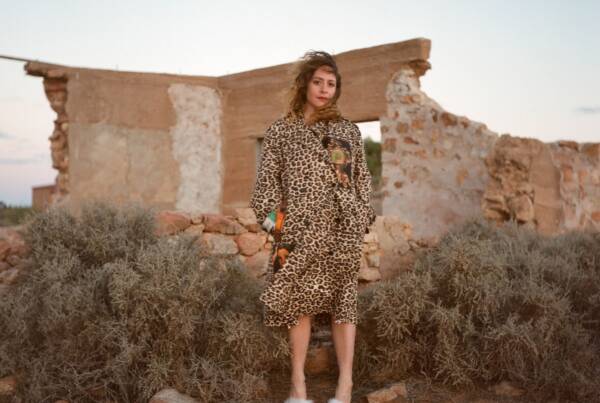Writing by YAGKI
 Growing up, I was inundated with news stories depicting the experiences of neglected and abused children, often at the hands of those entrusted with their care. But my own story, from spending ages three to five in foster care after awakening from a coma, feels strangely commonplace to me.
Growing up, I was inundated with news stories depicting the experiences of neglected and abused children, often at the hands of those entrusted with their care. But my own story, from spending ages three to five in foster care after awakening from a coma, feels strangely commonplace to me.
At three years old, I slipped into a coma after ingesting ecstasy tablets concealed in a chocolate egg due to my mother’s neglect. Yet, when I recount this tale, whether from memory or through documented reports, it registers as almost mundane.
I learnt about myself through countless court documents and online articles with my mum’s name in it, with sentences that read:
“Pleaded guilty to endangering her daughter’s health by failing to tell hospital staff what the child had ingested.”
“Three-year-old daughter ‘scoffed’ five ecstasy tablets hidden inside a chocolate egg.”
“The child was jumping around, and “really happy” and “saying funny things”.”
My journey and the circumstances beyond my control still seem like my own doing, a narrative I’ve inadvertently adopted as my own. Sharing my experiences feels akin to recounting a novel or a movie I’ve mistakenly taken ownership of.
So, when I attempt to delve into my past, it elicits a visceral response. Physically, I feel nauseous, as if gravity has deserted me and my thoughts spiral into a void. Emotionally, it’s as if my feelings exist outside my body, elusive and intangible.
Despite my conscious inability to recall, the act of writing about my childhood triggers this profound physical reaction. I’m still engulfed by this sense of sickness, as if I’m teetering on the edge of a vast emptiness, threatening to consume me whole.
I feel like my feelings are outside my body, and I’ve tried desperately to hold onto anything that makes me feel less than a gasp of air that just tumbles through life. I tried to hold onto any feeling because if I felt something at all, it was enough to make me feel real. If I felt real, it gave purpose to everything I had been through and that age-old question that rang in my head constantly growing up which was,
“Why didn’t I just die?”
I felt if I could hold onto any feeling, the fact that I could feel was enough to heal the three-year-old me who had no way to save herself.
Growing up from that incident, I quickly latched onto listening to music and daydreaming constantly. It was my means of escape and my means of not feeling as hollow, daydreaming about made-up situations that let me feel less alone.
But by doing this, it also made me feel less connected to my own life.
I continued listening to music and realised later how much it had become a tool for disconnecting from the reality of my childhood, acting as a tool of survival that protected my own mind. The feeling of not really being here comes from that core practice of survival that had to happen so early on in my life, and writing my own music now allows me to connect to my own memories.
This memory is the hardest one to remember, but the most important one to understand myself.
YAGKI returns with her latest track, ‘Something I Do’, exploring her lack of connection to herself and the hollowness felt in her own existence. Breaking down the story behind the song, she shares the core of where that disconnect came from and the dissociation that has played a vital role in her survival for so long.






